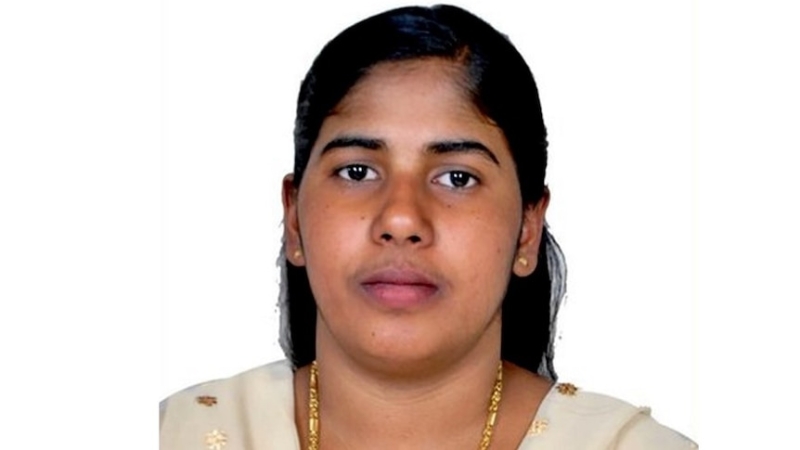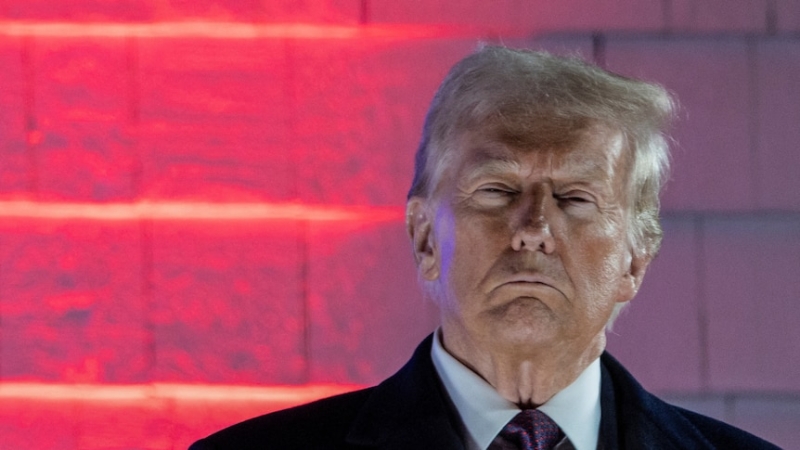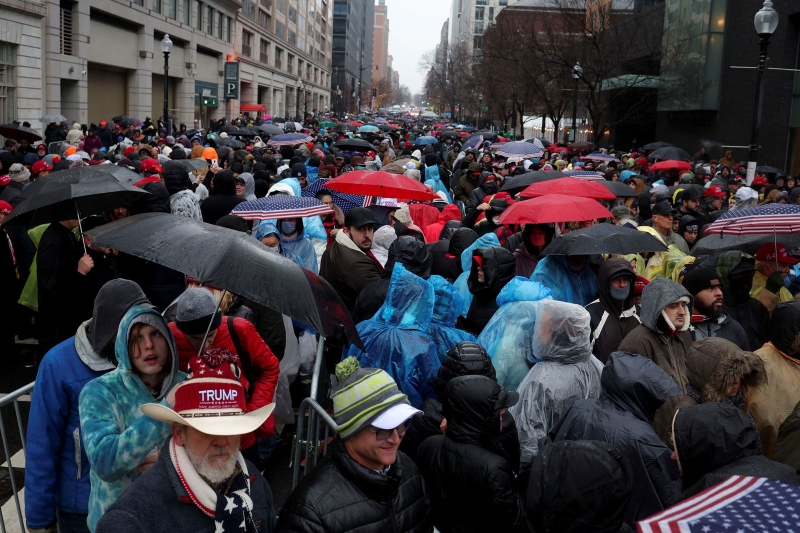Nimisha Priya was sentenced to death after she was found guilty of killing Yemeni national Talal Abdo Mahdi. (Supplied)
On the last day of 2024, a curious news story began circulating in the Indian media.
A nurse from Kerala, a region know for its luscious beaches and tranquil backwaters, had been convicted of murder in Yemen and was set to be executed within a month.
WARNING: This story contains details readers might find distressing.
The stories reported Yemen's president, Rashad al-Alimi, had "sanctioned" Nimisha Priya's death sentence.
Her execution was all but assured, with no legal avenues of appeal left, they reported.
Only one option remained.
If Ms Priya's family could raise and pay so-called "blood money" to the family of the man she was convicted of murdering, she might be able to secure a pardon, and her life would be spared.
Searching for the original, official communication from the Yemeni president approving her execution proved fruitless — and would eventually involve a surprise twist in this strange case.
Still, the Indian media had taken hold of the story, and journalists started asking the Ministry of External Affairs — India's foreign affairs department — what it was doing to help.
It issued a short statement: "We are aware of the sentencing of Ms Nimisha Priya in Yemen. We understand that the family of Ms Priya is exploring relevant options. The government is extending all possible help in the matter."
The vague and limited details about Ms Priya's situation only fuelled the frenzy.
Ms Priya insists it was a terrible accident involving a large dose of ketamine to free herself from an increasingly terrifying situation. Meanwhile, Yemeni police say she was responsible for a truly ghoulish crime.
As the mystery and intrigue deepen, millions of Indians want to know: What hope is there, truly, that Nimisha Priya might be spared?
Drugs and mutilation
Ms Priya moved from Kerala to Yemen about 15 years ago to work as a nurse.
She then married an Indian national, and had a baby.
She and her husband decided they wanted to open a medical clinic, but due to Yemeni laws limiting foreigners from operating businesses, they recruited a Yemeni man, Talal Abdo Mahdi, to be her business partner.
After the trio travelled back to Kerala for her daughter's baptism, Ms Priya and Mr Mahdi returned to Yemen.
Her husband and daughter intended to follow, but as Yemen's civil war erupted, the Indian government banned them from travelling there.
This is when things started going downhill, according to Indian Supreme Court lawyer Subhash Chandran KR, who is advising the Save Nimisha Priya International Action Council, a group of lawyers and human rights activists working to provide her and her family with legal and financial assistance.
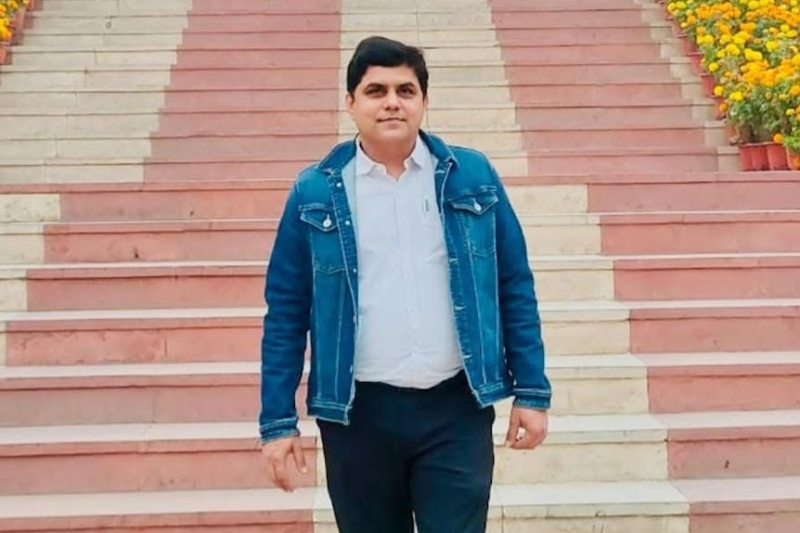
Subhash Chandran KR is advising the Save Nimisha Priya International Action Council. (Supplied: Subhash Chandran )
Mr Chandran last spoke to Ms Priya about six months ago.
"The victim started abusing her financially, and all her financial earnings were taken away," Mr Chandran told the ABC.
He said Ms Priya alleged Mr Mahdi tortured her — though Mr Chandran would not share the details — and that on numerous occasions, both complained to the police and both were arrested.
Mr Mahdi then confiscated Ms Priya's passport.
In 2017, she tried to sedate him with ketamine to try to get it back.
Mr Chandran said due to Mr Mahdi's drug history, the dosage didn't work; Ms Priya upped the dosage, causing Mr Mahdi to overdose and die.
She was arrested and charged with murder and mutilating his body.
Yemeni police say Mr Mahdi's body was cut into more than 100 pieces and put into a water tank.
This, according to Mr Chandran, sealed Ms Priya's fate.
"This was, in fact, according to Sharia law, more than murdering somebody. Mutilating the body is a serious offence," he explained.
But he said Ms Priya maintains that, at least, she did not do this.
"When I spoke to her personally, she said unfortunately [the overdose] happened. The unfortunate death happened by her hand, but she didn't … cut his body into pieces."
The state of Mr Mahdi's body after his death remains unknown.
An opaque legal system
Yemen's judiciary uses various systems of law, including Sharia law, which is a strict religious code based on Islamic scriptures.
Certain crimes in Yemen attract the death penalty, something that can cause real diplomatic disputes when a foreigner there is sentenced to death.
The legal timeline from Ms Priya's arrest to now is not entirely clear, even to Mr Chandran.
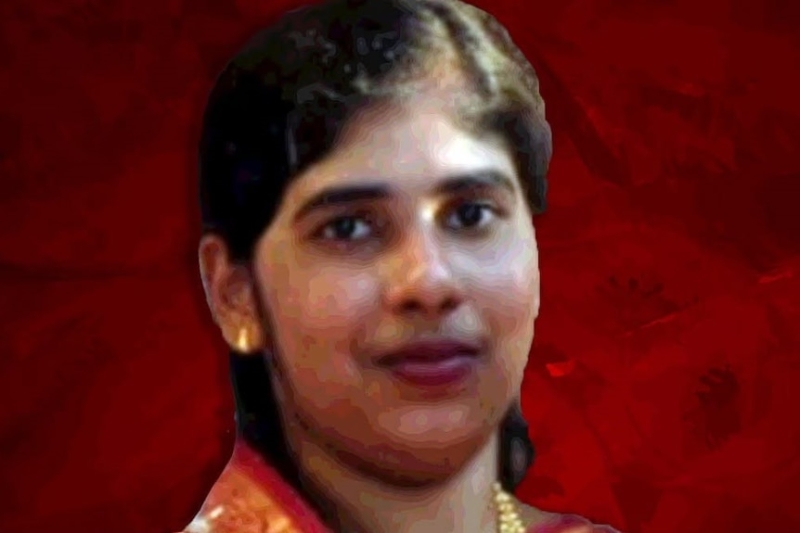
Nimisha Priya says she drugged her former business partner to escape him. (Supplied)
His work has been focused in India — namely, applying to the Delhi High Court for the travel ban to be waived so Ms Priya's mother could travel to Yemen to see her, and appealing to the Ministry of External Affairs for diplomatic assistance.
His understanding is that, when Ms Priya first faced trial in 2017, there was no-one to defend her.
She was convicted of murder and sentenced to death.
He said the court did ultimately appoint her a local lawyer, but "we do not know who that was".
At some point, he said, she was forced to sign confessional documents in Arabic without a translator.
"She did not know what she was signing," Mr Chandran said.
"Nobody was there to assist her."
In 2022, a Yemeni lawyer organised by the Indian mission there filed an appeal. By November 2023, all avenues of appeal had been exhausted.
Mr Chandran said a local intermediary coordinating between Ms Priya's Yemeni lawyer and the Save Nimisha Priya International Action Council arranged for the translated court judgements to be passed on, but they have never been sent.
He also alleged the intermediary offered to coordinate negotiations for blood money with local tribal leaders at a cost of $US40,000.
When the second instalment of $20,000 was sent just after Christmas 2024, the intermediary "left the WhatsApp group".
A couple days later, the news came that Yemen's president had sanctioned Ms Priya's execution. As it turns out, that was false.
On January 6, the Yemeni embassy in New Delhi released a statement explaining that, since Ms Priya is detained in the capital Sana'a, which is controlled by the Houthi rebels, the president has no jurisdiction over the matter.
"The Yemeni government emphasises that the entire case has been handled by the Houthi militias, and therefore, His Excellency Dr Rashad Al-Alimi, Chairman of the Presidental Leadership Council, Republic of Yemen has not ratified this judgement," it said.
Mr Chandran says his client has become another victim of this ongoing conflict.
"She didn't get a proper legal defence during the war, the internal conflicts in Yemen," said Mr Chandran.
Now, from thousands of kilometres away and with very little knowledge of how much time they have left, Mr Chandran and his colleagues are desperately trying to coordinate a payment of money to save Ms Priya's life.
Will paying 'blood money' save Ms Priya's life?
In murder cases, blood money, or diya as it is known in Arabic, is the payment of compensation from the defendant to the victim's family.
Who are Yemen's Houthi rebels?
Photo shows The helm of a USS warship looking out into the Mediterranean Sea

Its purpose is to prevent an endless cycle of retaliation, said Daniel Pascoe, an associate professor at City University of Hong Kong's School of Law, who specialises in Islamic law and the death penalty.
He told the ABC that once a person has been found guilty of homicide by an Islamic judge, the victim's heirs or relatives get the final say on whether to accept blood money.
If they reject the offered compensation, the state would execute the defendant.
Alternatively, they can accept compensation but not forgive the defendant. The defendant would then escape execution, but face an additional discretionary punishment from the state, which in Yemen would be up to 15 years in prison.
Finally, they can outright pardon the killer.
"That means the victim's family, in their good graces, give complete forgiveness to the perpetrator for the killing," Mr Pascoe said, adding that this option does not necessarily mean the defendant walks free.
They may still face an additional discretionary punishment.
Where negotiations are currently up to with Mr Mahdi's family is not clear, Mr Chandran said.
"We are trying to reach out, but we didn't get a proper response from the victim's family yet," he said.
"We need to negotiate in a gentle manner to convince them and to request the pardon from their family."
Could Iran act as intermediary?
Crossing cultural and language barriers using intermediaries has proved difficult without diplomatic intervention, he said, adding that they have written to India's Ministry of External Affairs requesting assistance on a number of occasions, but have not received any response.
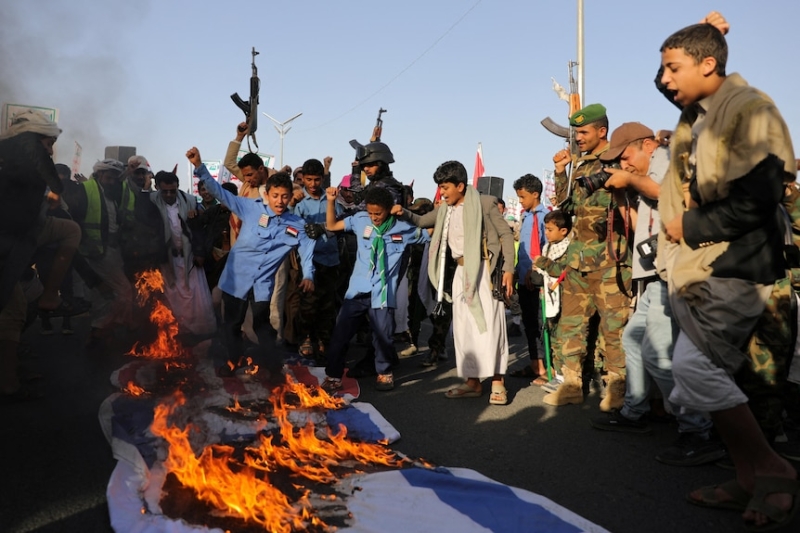
Yemen's government says the case is being handled by the Houthi militias who rule the country's capital. (Reuters: Khaled Abdullah)
Local media is now reporting Iran, which India enjoys a friendly relationship with, could contact Mr Mahdi's family on Ms Priya's behalf.
Whether Mr Mahdi's family would accept compensation and pardon Ms Priya is hard to predict.
But history shows it's entirely possible.
In 2023, Yemeni media reported a tribal leader pardoned the killer of his son moments before his execution "in a stunning display of forgiveness and compassion".
In 1996, the brother of Australian nurse Yvonne Gilford, who was murdered by two British colleagues in Saudi Arabia, accepted a payment of 750,000 British pounds, which saved the colleague who had been facing the death penalty.
He donated the entire payment to a children's charity.
"Despite what Westerners may believe of Islamic countries, often the position of the state is that they do not want the execution to go ahead," Mr Pascoe said.
"The Islamic religion encourages forgiveness. However, the final decision, is with the family themselves, and sometimes the family will not budge from their position that they want retribution.
"If they decline the money, then they're essentially authorising the state to carry out the execution."
As for the amount, that would be up to the victim's family.
"That could be a single Yemeni rial … that might be a huge amount also," Mr Chandran said.
He is adamant that there is enough support behind Ms Priya to raise whatever amount is needed.
"We are ready to pay their amount. We don't want a single penny from the government."
He said the Delhi High Court had denied a request from the Save Nimisha Priya International Action Council to waive the travel ban for members to go to Yemen and negotiate.
"We are even ready to risk our life for this mission."

